State Performance Plan 2005-2012 - Part B - Arkansas Department Of Education Page 69
ADVERTISEMENT
 1
1  2
2  3
3  4
4  5
5  6
6  7
7  8
8  9
9  10
10  11
11  12
12  13
13  14
14  15
15  16
16  17
17  18
18  19
19  20
20  21
21  22
22  23
23  24
24  25
25  26
26  27
27  28
28  29
29  30
30  31
31  32
32  33
33  34
34  35
35  36
36  37
37  38
38  39
39  40
40  41
41  42
42  43
43  44
44  45
45  46
46  47
47  48
48  49
49  50
50  51
51  52
52 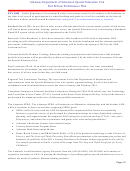 53
53  54
54  55
55 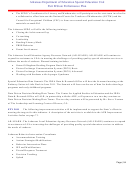 56
56 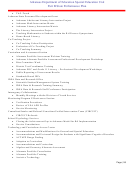 57
57 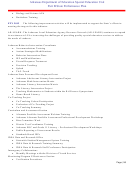 58
58  59
59 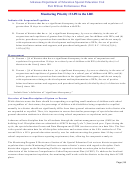 60
60  61
61  62
62  63
63 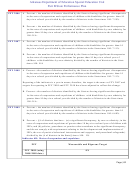 64
64  65
65  66
66 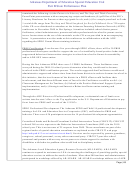 67
67 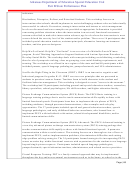 68
68 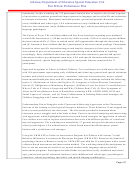 69
69  70
70 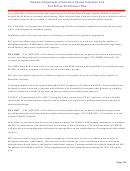 71
71 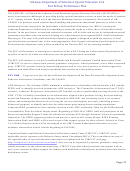 72
72  73
73  74
74  75
75 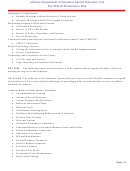 76
76  77
77 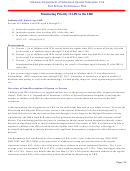 78
78  79
79  80
80 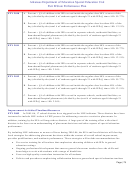 81
81 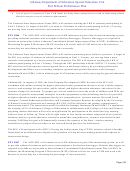 82
82 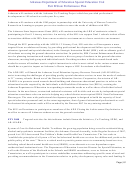 83
83  84
84 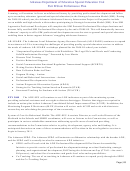 85
85 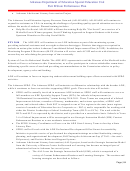 86
86 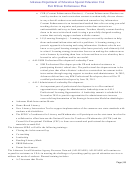 87
87 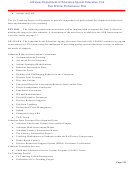 88
88  89
89  90
90 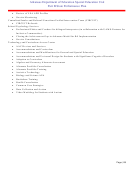 91
91 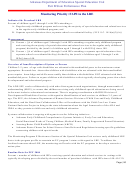 92
92 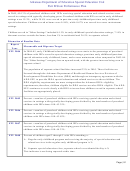 93
93 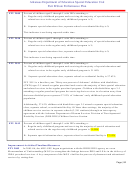 94
94  95
95  96
96 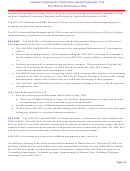 97
97 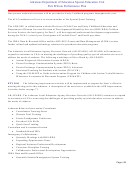 98
98  99
99  100
100  101
101  102
102  103
103 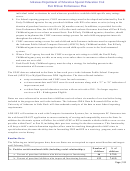 104
104 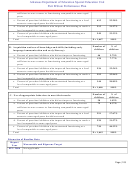 105
105  106
106 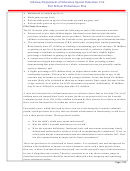 107
107  108
108  109
109  110
110  111
111  112
112  113
113 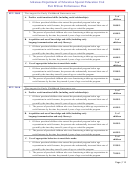 114
114  115
115  116
116  117
117 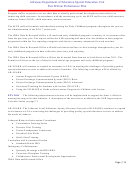 118
118 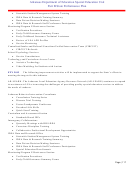 119
119  120
120  121
121  122
122  123
123  124
124 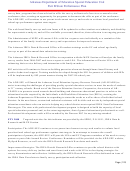 125
125 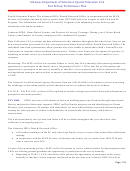 126
126 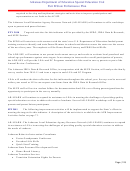 127
127  128
128  129
129  130
130 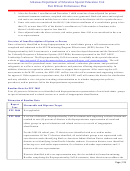 131
131 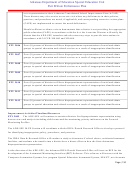 132
132  133
133 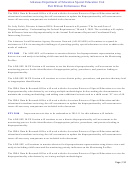 134
134 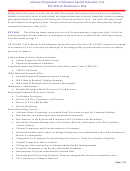 135
135  136
136  137
137 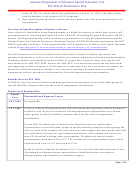 138
138 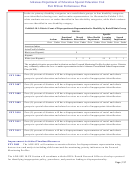 139
139  140
140  141
141  142
142 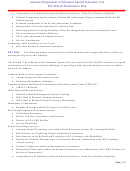 143
143  144
144 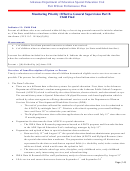 145
145 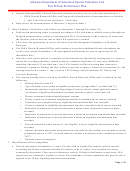 146
146  147
147 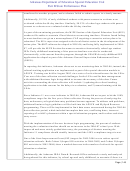 148
148 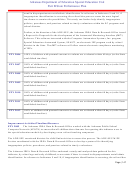 149
149 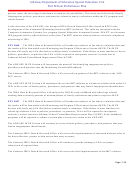 150
150 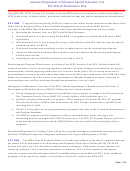 151
151  152
152  153
153  154
154  155
155 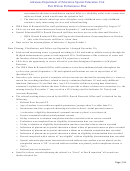 156
156 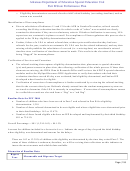 157
157 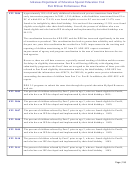 158
158  159
159  160
160  161
161  162
162  163
163 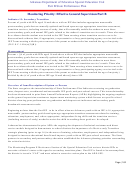 164
164  165
165  166
166 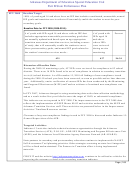 167
167  168
168 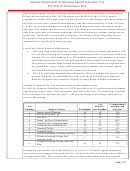 169
169  170
170  171
171  172
172  173
173 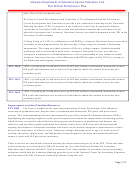 174
174 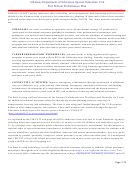 175
175  176
176 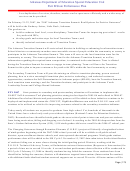 177
177  178
178 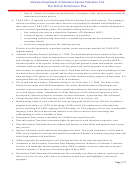 179
179  180
180 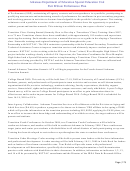 181
181  182
182  183
183  184
184 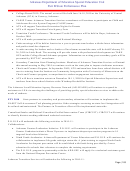 185
185  186
186  187
187  188
188  189
189  190
190  191
191  192
192 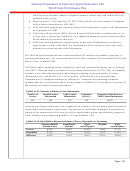 193
193 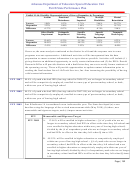 194
194  195
195 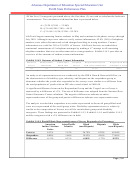 196
196  197
197 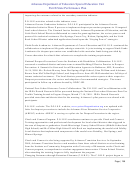 198
198  199
199 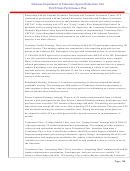 200
200  201
201  202
202  203
203 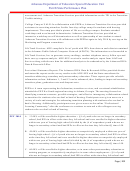 204
204 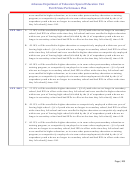 205
205  206
206 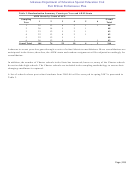 207
207  208
208 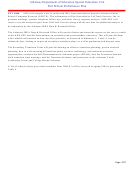 209
209  210
210  211
211 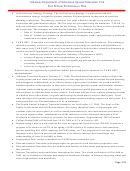 212
212  213
213  214
214  215
215 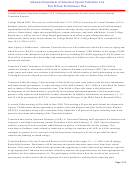 216
216  217
217  218
218 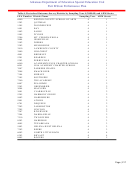 219
219 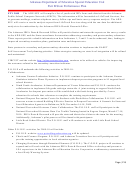 220
220  221
221 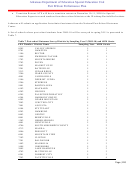 222
222  223
223 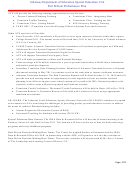 224
224  225
225 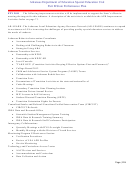 226
226 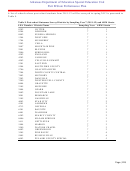 227
227  228
228 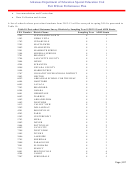 229
229  230
230  231
231  232
232  233
233  234
234  235
235 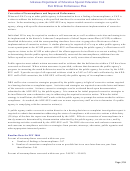 236
236  237
237 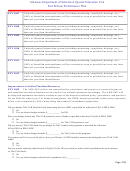 238
238  239
239 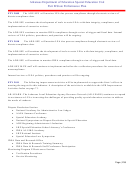 240
240 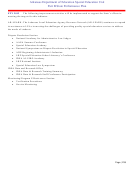 241
241 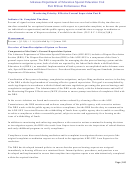 242
242  243
243  244
244  245
245 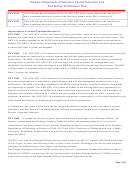 246
246  247
247 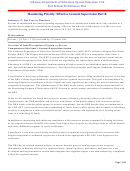 248
248 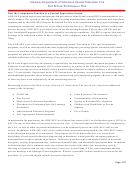 249
249  250
250 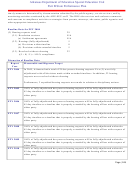 251
251 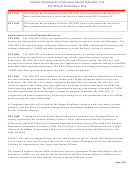 252
252  253
253  254
254  255
255 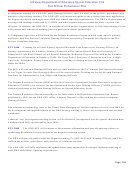 256
256 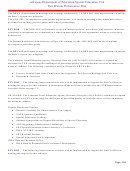 257
257  258
258  259
259  260
260  261
261 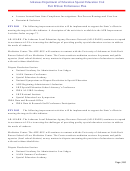 262
262 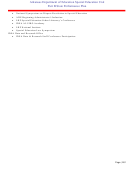 263
263 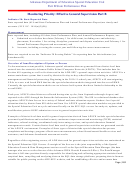 264
264 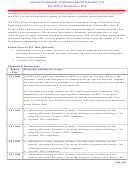 265
265  266
266  267
267  268
268 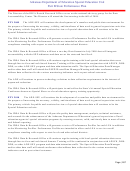 269
269  270
270  271
271  272
272 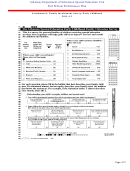 273
273  274
274 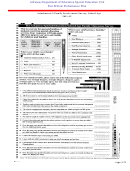 275
275  276
276 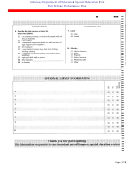 277
277 Arkansas Department of Education Special Education Unit
Part B State Performance Plan
community. In this workshop the 128 participants learned how to improve the pivotal response
of motivation to produce generalized improvements in language and social skills and reductions
in disruptive behaviors. Participants included parents, special and general education teachers
(early childhood and school age), LEA administrators (early childhood and school age),
behavior interventionists (early childhood and school age), school psychologists and speech
language pathologists.
The Power of Peers: The workshop addressed four basic questions regarding peer-mediated
social skills intervention: (1) What are the key skills to teach; (2) How to teach typical children
the intervention skills; (3) How to embed social skill opportunities through the classroom day;
and (4) Outcomes from children that have participated in this intervention package. Participants
learned to select specific curriculum targets and employ strategies to foster peer social skills.
Assessment of peer social outcomes was discussed along with modification of teaching
accordingly. Early childhood and school age behavior interventionists, general and special
educations teachers, psychological examiners, LEA and special education administrators,
paraprofessionals, speech language pathologists, and parent liaisons comprised the 73
participants.
Signs and Symptoms of Abuse in School Children: Two workshops were held across the State
with 104 participants representing early childhood and school age general and special education
teachers and related services providers, counselors, behavior interventionists, nurses, school-
based mental health providers, and LEA administrators. The workshops included the following
topics: (1) Definitions of Abuse and Neglect; (2) Categories of Abuse-Physical, Emotional,
Sexual; (3) Obligations as Mandatory Reporters; (4)What to Look for-Overt/ Covert Behaviors-
Who to Talk to If Abuse is Suspected and Why Children Don't Tell; (5) How Symptoms of
Abuse can Mirror Behavior Seen in Disabilities including ADD, ADHD, ODD, OCD and
Social Aspects of Autism; and (6) Team Collaboration in Defining Behavioral Strategies for
Children Struggling with Trauma and Abuse Issues.
Understanding Power Struggles in the Classroom/Addressing Aggression in the Classroom:
Part one of the training covered typical disruptive behaviors. These behaviors if not stopped can
lead to serious problems in the classroom. The discussion provided information about
classroom power struggles and what leads to them. Part two involved analyzing and intervening
with aggression, which highlighted practical research-based strategies for aggression in schools.
Case studies were used to explore interventions that work with different profiles of verbal and
physical aggression. The workshop was attended by 57 general and special education teachers,
school psychologists, LEA administrators, school-based mental health therapists, parent
liaisons and a youth home risk manager.
Using the VB-MAPP to Guide an Intervention Program for Children with Autism: Verbal
Behavior Milestones Assessment & Placement Program (VB MAPP). Based on the branch of
psychology known as Behavior Analysis, VB MAPP provided the 55 participants with a sound
evidence-based assessment and intervention method. The workshop trained the participants on
how to use the assessment results to set up and conduct daily language and social skills
intervention programs. Participants included behavior specialists (early childhood and school
age), general and special education teachers (early childhood and school age), psychological
examiners, school psychology specialists, and speech language pathologists.
Page | 67
ADVERTISEMENT
0 votes
Related Articles
Related forms
Related Categories
Parent category: Legal









